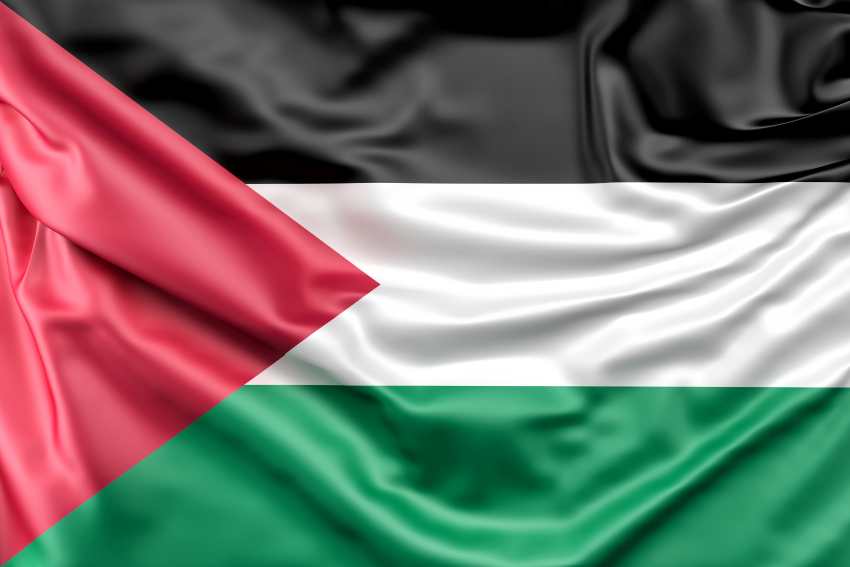The recent announcement regarding a proposal to transform the Gaza Strip into a “resort town” has ignited a fervent debate, drawing sharp contrasts between economic aspirations and enduring humanitarian crises. This controversial concept raises profound questions about the feasibility and ethics of developing tourism in a region long plagued by conflict and severe socio-economic challenges, signaling a complex interplay of geopolitics and human dignity.
Historically, Gaza has been synonymous with intense conflict, economic instability, and profound human suffering, a reality far removed from any idyllic tourist destination. Despite its potential for beautiful Mediterranean beaches and rich cultural heritage, ongoing political strife and widespread hardship have consistently overshadowed any prospects for growth in sectors like tourism. The idea of a lavish “beachside resort” starkly contrasts with the daily struggles of Gaza’s residents, highlighting deep-seated geopolitical, social, and cultural tensions.
While tourism is frequently heralded as a powerful economic engine, capable of generating revenue, creating jobs, and stimulating local economies in regions rich with heritage and natural beauty, Gaza’s current conditions challenge such optimistic assumptions. The region faces staggering unemployment rates, extensive infrastructure damage, and a severe lack of basic services, rendering it far from a viable or appealing tourism destination. The daily lives of its people are fraught with poverty, displacement, and instability, further exacerbated by military actions that destroy essential infrastructure.
The proposal for a Gaza resort town, although ostensibly offering opportunities for international investment and job creation, profoundly oversimplifies the complex realities on the ground. Gaza is more than just a geographical location; it is home to millions who have endured decades of trauma. Reducing the region’s potential to merely a tourist attraction risks dehumanizing its population and neglecting the urgent global call for peace, stability, and humanitarian aid. This development could be perceived as an attempt to “sanitize” Gaza’s image for outsiders without genuine efforts to address core issues.
This proposed development also raises significant ethical questions for the global tourism industry. It compels a critical examination of whether tourism projects should be pursued in areas marked by social and political unrest, particularly when local populations are not meaningfully consulted or involved in the planning. As ethical tourism gains prominence, with travelers increasingly conscious of their choices’ political and human rights impacts, a project in Gaza that seems to overlook the welfare of its marginalized population could attract widespread global criticism.
For any tourism development to succeed sustainably, it necessitates not only significant infrastructure and financial investment but also, crucially, geopolitical stability. Gaza, in its current state, lacks this fundamental stability, and the international community remains deeply divided on approaches to the Israeli-Palestinian conflict. This persistent instability, coupled with ongoing security concerns, would likely deter international tourists and make potential investors wary of the inherent risks associated with operating in such a volatile environment.
From the perspective of Gaza’s residents, the notion of their homeland being transformed into a tourist resort is likely to feel deeply alienating. The years of unimaginable suffering, displacement, and destruction they have endured cannot be simply negated by promises of economic development through tourism. Any endeavor to build a resort on land intrinsically tied to their identity and history may be perceived as another attempt to erase their existence and deny their fundamental right to live in peace and dignity, ignoring the dire humanitarian crisis Gaza faces.
As Gaza continues to grapple with profound economic, social, and political challenges, the proposition of its transformation into a resort town demands rigorous scrutiny. While tourism can indeed drive economic growth, its development in regions defined by instability and human rights abuses is fraught with immense challenges and ethical dilemmas. The people of Gaza, who have borne unimaginable hardship, deserve a future that prioritizes their peace, dignity, and acknowledged rights, rather than a mere sanitized version of their land catering to international visitors.






Leave a Reply